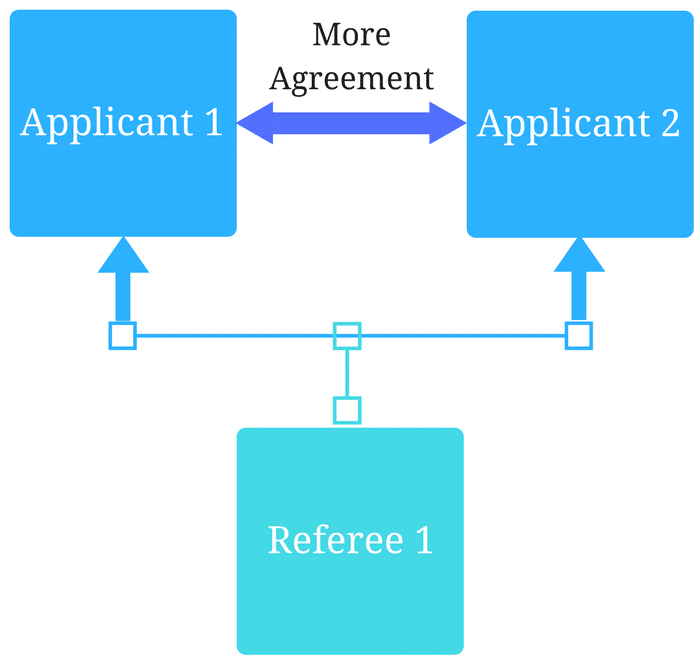Why personal statements in academic admissions are (mostly) a waste of time

November 12, 2020
It’s one of the biggest challenges of academic admissions: how can admissions departments form a holistic assessment of a candidate, one that takes both academic performance and personal characteristics into consideration?
Unlike academic performance, for which there are statistically reliable predictors for future academic success, personal characteristics are difficult to assess. The most commonly used measurements are unreliable and inconsistently measured. We’ve previously covered reference letters, so let’s now examine the personal statement.
For decades, academic institutions have been asking applicants to submit personal statements, autobiographical sketches, personal essays and letters of intent, many of them weighing these submissions heavily in the admission decision. But the practice is largely unstructured and varies from institution to institution, and program to program. Some admissions departments set out to measure an applicant’s motivation and their goals for the future, while others seek to understand a student’s past experiences in effort to measure skills useful in the future. Some are looking for criteria to pair an applicant with an advisor. These inconsistent goals yield inconsistent information from applicants.
Because the kind of information collected through personal statements varies, there is a limited amount of data on their psychometric strength. Being a single sample, personal statements have a low reliability and are a measure of maximal, not typical, performance. Research demonstrates that personal statements don’t even strongly correlate with applicants’ writing abilities. While some applicants might go so far as to have them written by third parties, almost all applicants have friends and family help them edit and construct these statements.
A review study of personal statements conducted by Murphy and colleagues found that personal statements did not have any strong correlations with other personal and professional predictors, including verbal ability tests, quantitative ability tests, prior grade point average, letters of recommendation, and interviews. The strongest correlation found was with letters of recommendation (r = 0.42), which themselves have no strong research to support their effectiveness (see our blog post: “Reference Letters in Academic Admissions: Useful or Useless?“).
The conclusion of the study suggested that personal statements do not provide unique information to contribute to the prediction of an applicant’s academic performance, and that there is not enough research available on their scoring and validity. A similar conclusion was drawn by another study focused on medical school admissions; it found that while personal and professional characteristics are important for the field of medicine, personal statements are not a useful way to identify and assess them.
Another research study on medical admissions also suggests that personal statements may not be that helpful in distinguishing applicants based on their motivation. Both selected and non-selected applicants went above and beyond the scope of what was asked by including very detailed life and professional experiences and reporting mostly autonomous motivation for applying (meaning their behaviour was self-determined and aligned with their intrinsic goals, not external factors).
Personal statements require energy and time to write, and energy and time for the program to assess. Yet they provide very little useful information for admissions departments. Fortunately, standardized and reliable measures of personal and professional characteristics requiring little admissions department effort (e.g. Situational Judgement Tests like Casper), are becoming more widely available.
Interested in learning more about how to determine if the selection tools you use are reliable and valid? Check out:
Measurements for the success of assessment tools part I: reliability
Measurements for the success of assessment tools part II: validity
Original article written in 2017 by: Patrick Antonacci, M.A.Sc. Data Scientist
Updated in 2020 by: Andrea Coelho, Sr. Content Marketing Manager
Photo by lechatnoir on iStock
Related Articles

How interviews could be misleading your admissions...
Most schools consider the interview an important portion of their admissions process, hence a considerable…
Reference letters in academic admissions: useful o...
Because of the lack of innovation, there are often few opportunities to examine current legacy…
